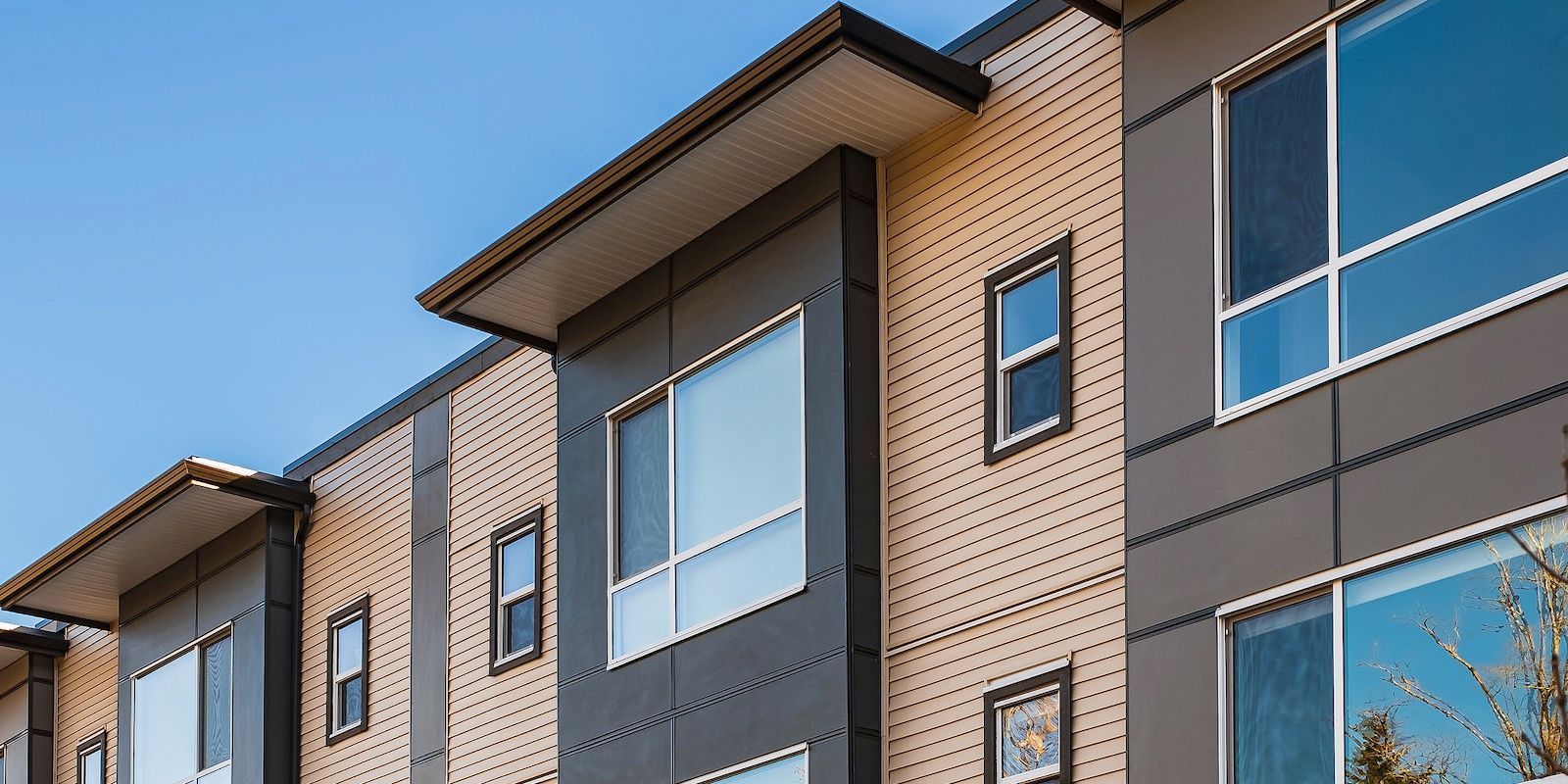5 of Vancouver’s Most Popular Winter Activities
Skiing & Snowboarding (Not Included)
Do you live in or near Vancouver? Are you an outdoors lover, minus the whole skiing and snowboarding thing? Are you wondering how to spend your free time during the long, dreary winter months? Well, wonder no longer! The following are five non-skiing/snowboarding adventures that will get you outside and near (but not on) the slopes this winter…exactly where you want to be:
Ice skating (Robson Square)
Got the ice skating bug? If so, you have options. You could fire up your classic Nintendo and play some Blades of Steel (truly a classic of our time). Additionally, you could retrieve and play your copy of Blades of Glory, starring Will Ferrell. However, provided these excellent, albeit lazy, options don’t satisfy- if you simply must have the real thing, then look no further than the ice rink and plaza at Robson Square (sponsored and maintained by the Government of British Columbia).
This popular family attraction opens on December 1st of each year, and boasts extended holiday hours (closing for good at the end of February). Skating is free (which is a rarity these days) provided you bring your own skates. Otherwise the skate rental, with rental helmet included (safety first!), will set you back $4.00. A great deal by any standard.
This winter adventure, for which you don’t even need to leave the city, is fun for the whole family! It’s an afternoon complete with rosy cheeks, hot chocolate (fresh from the on-site concession stand) and a whole lot of laughs.
Snow Tubing (Grouse/Cypress/Whistler)
Rated a “2” out of “5” on the adventure scale, but a “5” out of “5” on the fun scale, we find snow tubing. This is a popular winter option across this great country of ours; however, the west, (according to many) does it best, with superbly maintained runs at some of the most well known mountains to grace the known landscape. Here are three options:
Squamish (Sea to Sky Gondola)
It’ll cost you five bucks to use the tubing hill in addition to $12 to $34 (depending on your age) for a gondola ticket, but the thrill is there, if you want it!
Cypress Mountain
Located a mere hop, skip and a jump from Vancouver proper, Cypress Mountain boasts six “tube shoots” from which to choose, varying in extremes from: your grandma’s tubing hill to “strap in and hold on tight”. The choice is truly yours.
Mount Seymour
The cost at this hill is a little steeper than the others (coming in at between $20 and $22 for two hours), but the fun, for many, is worth the price of admission. Also, Seymour includes a “tube tow”, so depending on who you are, an easy ride back to the top may very well be worth the extra few dollars. There is a sliding hill at this location as well, but this also costs a pretty penny- $10 is the standard rate, here, no time restrictions.
Snowshoeing
Continuing on our winter activities tour (minus the skiing and snowboarding), we come upon the sport (?) of snowshoeing. This is a touch more adventurous than snow tubing in addition to being a load more physically taxing, but the rewards: that of finding yourself in the great outdoors while clocking valuable exercise, are worth it to many snowshoe junkies. “Official” trails are available at most of the major ski hills (Cypress, Grouse, Seymour, Whistler, and Blackcomb) in addition to free trails in and throughout the lower mainland.
Cross Country Skiing (Cypress/Whistler’s Olympic Park)
Combine the physicality of snowshoeing with a heightened level of skill, and what do you get? That’s right…cross country skiing. Of note here, Cypress Mountain includes several kilometres of groomed trails complete with stunning views of the surrounding landscape, and delicious meals at their lodge. Additionally, if you don’t mind driving the extra distance, Whistler’s Olympic Park is a state of the art, cross country skiing heaven.
Visit Vancouver Island
Finally, I’d be remissed if I didn’t mention the beauty that is Vancouver Island. When the January/February doldrums hit, what better than cross the channel into green grass, rain forests, surfing and hiking. BC Ferries terminals in Tsawwassen and Departure Bay give quick access to this mid-winter hideaway. It’s like winter never existed.
Recent Posts



Contact Me Anytime!
The best way to get ahold of me is to submit through the contact form below. However feel free to give me a shout on the phone as well.
Contact Us
We will get back to you as soon as possible.
Please try again later.
Luisa Hough. All Rights Reserved Privacy and Content Notice






